Managing multiple debts can feel overwhelming, especially when monthly payments stretch your budget to its limits. If you’re struggling to keep up with various creditors, you have structured options available to regain control of your financial situation. Two primary paths offer relief: debt consolidation and debt repayment schemes.
Understanding the differences between these approaches is crucial for making an informed decision about your financial future. This comprehensive analysis will help you evaluate both options and determine which strategy aligns with your specific circumstances and goals.
Understanding Debt Consolidation
Debt consolidation involves combining multiple debts into a single loan or payment structure. This approach simplifies your monthly obligations by consolidating several payments into one, typically at a lower interest rate.
How Debt Consolidation Works
The process begins with securing a consolidation loan that covers the total amount of your existing debts. You then use this loan to pay off all your current creditors, leaving you with just one monthly payment to manage. Common consolidation methods include personal loans, balance transfer credit cards, and home equity lines of credit.
Lenders evaluate your creditworthiness, income stability, and debt-to-income ratio before approving consolidation loans. The interest rate and terms you receive depend largely on your credit score and financial profile.
Advantages of Debt Consolidation
Simplified Financial Management: Managing one payment instead of multiple obligations reduces the complexity of your monthly budget and decreases the likelihood of missed payments.
Potential Interest Savings: If you qualify for a lower interest rate than your current debts carry, consolidation can reduce the total amount you pay over time.
Fixed Payment Structure: Many consolidation loans offer fixed interest rates and payment schedules, providing predictability for your budget planning.
Credit Score Protection: Consolidating debts can help prevent missed payments that damage your credit score, and paying off credit cards can improve your credit utilization ratio.
Disadvantages of Debt Consolidation
Qualification Requirements: Securing favorable consolidation terms requires a good credit score and a stable income. Those with poor credit may not qualify for beneficial rates.
Potential for Higher Total Costs: Extending repayment terms through consolidation might result in paying more interest over the life of the loan, even at lower rates.
Risk of Accumulating New Debt: Without addressing underlying spending habits, borrowers might accumulate new debt on cleared credit cards while still paying the consolidation loan.
Collateral Requirements: Some consolidation options, such as home equity loans, require collateral that puts your assets at risk if you are unable to make payments.

Understanding Debt Repayment Schemes
Debt repayment schemes are structured programs designed to help individuals manage their debts through negotiated payment plans with creditors. These schemes often involve third-party mediation to establish affordable payment arrangements.
How Debt Repayment Schemes Work
Professional debt counselors or agencies work with you to assess your financial situation and create a comprehensive repayment plan. They negotiate with your creditors to reduce interest rates, waive fees, or establish extended payment terms that fit your budget.
The process typically involves creating a detailed budget, prioritizing debts based on terms and consequences, and establishing a timeline for complete debt elimination. Some schemes involve making payments to the agency, which then distributes the funds to creditors according to the agreed-upon plan.
Advantages of Debt Repayment Schemes
Professional Guidance: Experienced counselors provide expertise in negotiating with creditors and structuring sustainable payment plans.
Creditor Cooperation: Established agencies often have relationships with major creditors, facilitating more favorable negotiation outcomes.
Educational Component: Many programs include financial education to help you develop better money management skills and prevent future debt problems.
Flexibility: Repayment plans can be adjusted if your financial circumstances change during the program.
Disadvantages of Debt Repayment Schemes
Extended Repayment Periods: Schemes often extend the time needed to become debt-free, potentially increasing total interest paid.
Impact on Credit Score: Participating in specific debt repayment programs may be reflected on your credit report, which could affect your credit score.
Program Fees: Some agencies charge fees for their services, which can add to your overall debt burden.
Limited Debt Types: Not all types of debt can be included in repayment schemes, and some creditors may refuse to participate.
Key Differences Between the Two Approaches
Understanding the fundamental differences between debt consolidation and debt repayment schemes helps clarify which option is better suited to your situation.
Ownership and Control
Debt consolidation puts you in direct control of your debt management. You own the consolidation loan and make payments directly to one lender. Debt repayment schemes involve third-party management, where agencies handle negotiations and often collect and distribute payments on your behalf.
Credit Requirements
Consolidation typically requires good to excellent credit scores to secure favorable terms. Debt repayment schemes are more accessible to individuals with poor credit, as they focus on negotiating manageable payment plans rather than qualifying for new loans.
Timeline and Costs
Consolidation can provide immediate relief through lower monthly payments and simplified management. However, extending repayment terms might increase total costs. Repayment schemes often take longer to complete but may result in lower total payments through negotiated reductions.
Credit Impact
Successful debt consolidation can improve your credit score by reducing credit utilization and ensuring consistent payments. Debt repayment schemes may initially impact your credit score, but consistent payments over time can lead to improvement.
Choosing the Right Option for Your Situation
Selecting between debt consolidation and debt repayment schemes depends on several factors specific to your financial circumstances.
Consider Debt Consolidation If:
You Have Good Credit: If your credit score is above 650, you’re more likely to qualify for consolidation loans with favorable interest rates that provide genuine savings.
Your Debts Are Manageable: If you can afford your current payments but want simplification and modest interest savings, consolidation might be ideal.
You have a Stable Income: A consistent income ensures you can meet the new consolidated payment obligations without strain.
You’ve Addressed Spending Habits: If you’ve identified and corrected the behaviors that led to debt accumulation, consolidation can provide a fresh start.
Consider Debt Repayment Schemes If:
You Have Poor Credit: If your credit score makes consolidation loans expensive or unavailable, repayment schemes offer an alternative path to resolving your debt.
Your Debts Are Overwhelming: If current payments exceed your ability to pay, negotiated repayment plans can provide necessary relief.
You Need Professional Guidance: If you lack experience in financial management or creditor negotiations, professional assistance can be invaluable.
You Want Comprehensive Support: If you need help with budgeting, financial education, and ongoing support throughout the repayment process, structured schemes provide these services.
Evaluate Your Financial Capacity
Before choosing either option, conduct a thorough assessment of your financial situation. Calculate your total monthly income, essential expenses, and available funds for debt payments. This analysis helps determine whether you can handle consolidated payments or need the more flexible approach of negotiated repayment schemes.
Consider your long-term financial goals as well. If you plan major purchases or life changes that may affect your income, consider these factors in your decision-making process.
Taking the Next Step Toward Financial Stability
Both debt consolidation and debt repayment schemes offer viable paths to financial recovery. Still, success depends on choosing the approach that aligns with your specific circumstances and maintaining discipline throughout the process.
The most important step is taking action. Debt problems rarely resolve themselves and often worsen over time due to the accumulation of interest and fees. Whether you choose consolidation or a repayment scheme, professional guidance can help ensure you make informed decisions and maximize your chances of success.
Consider consulting with qualified financial advisors or credit counselors who can provide personalized recommendations based on your unique situation. These professionals can help you understand the full implications of each option and guide you toward the most appropriate solution for achieving lasting financial stability.
Remember that recovering from debt requires time, patience, and commitment to new financial habits. The path you choose should not only address your immediate debt concerns but also support your long-term financial health and goals.






